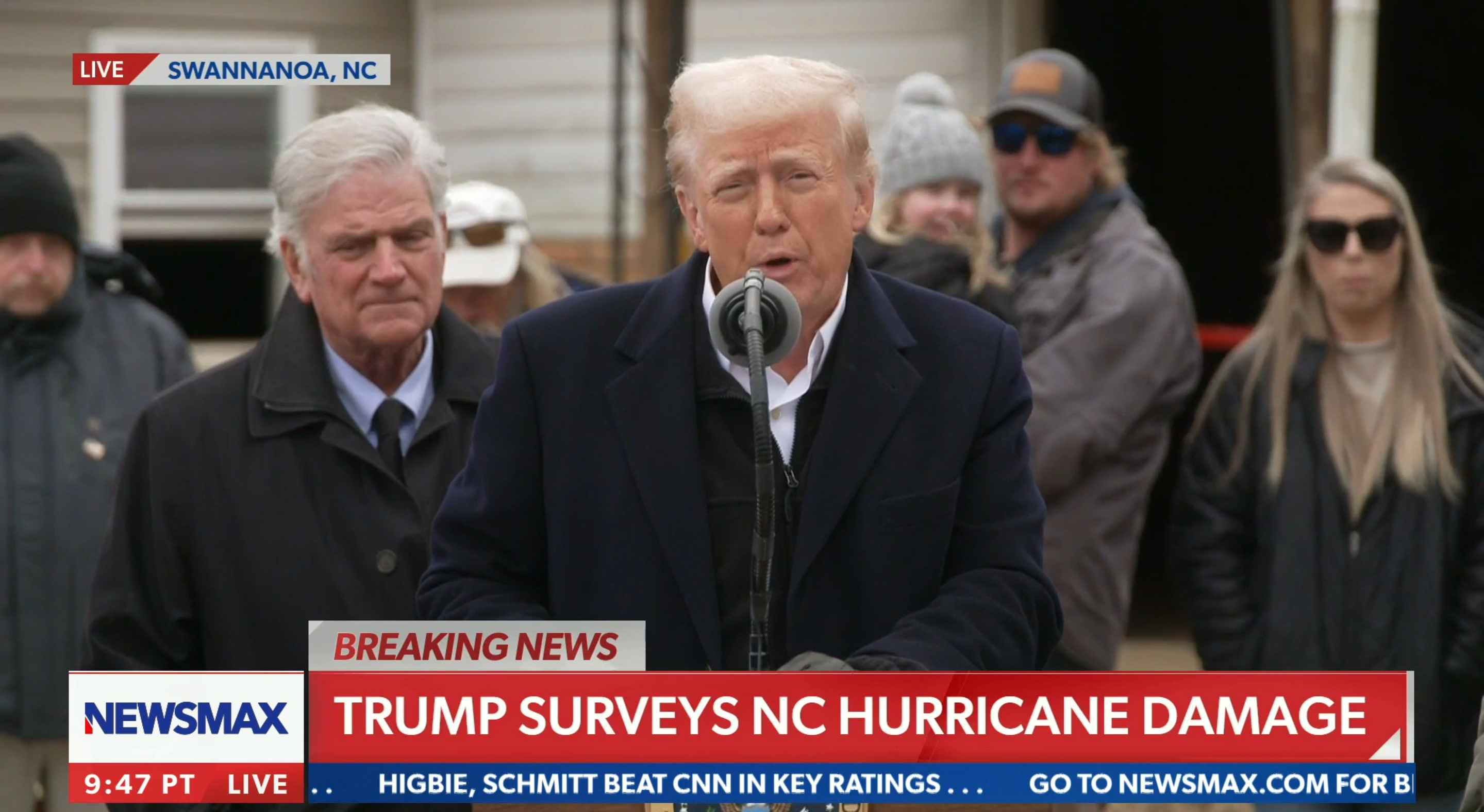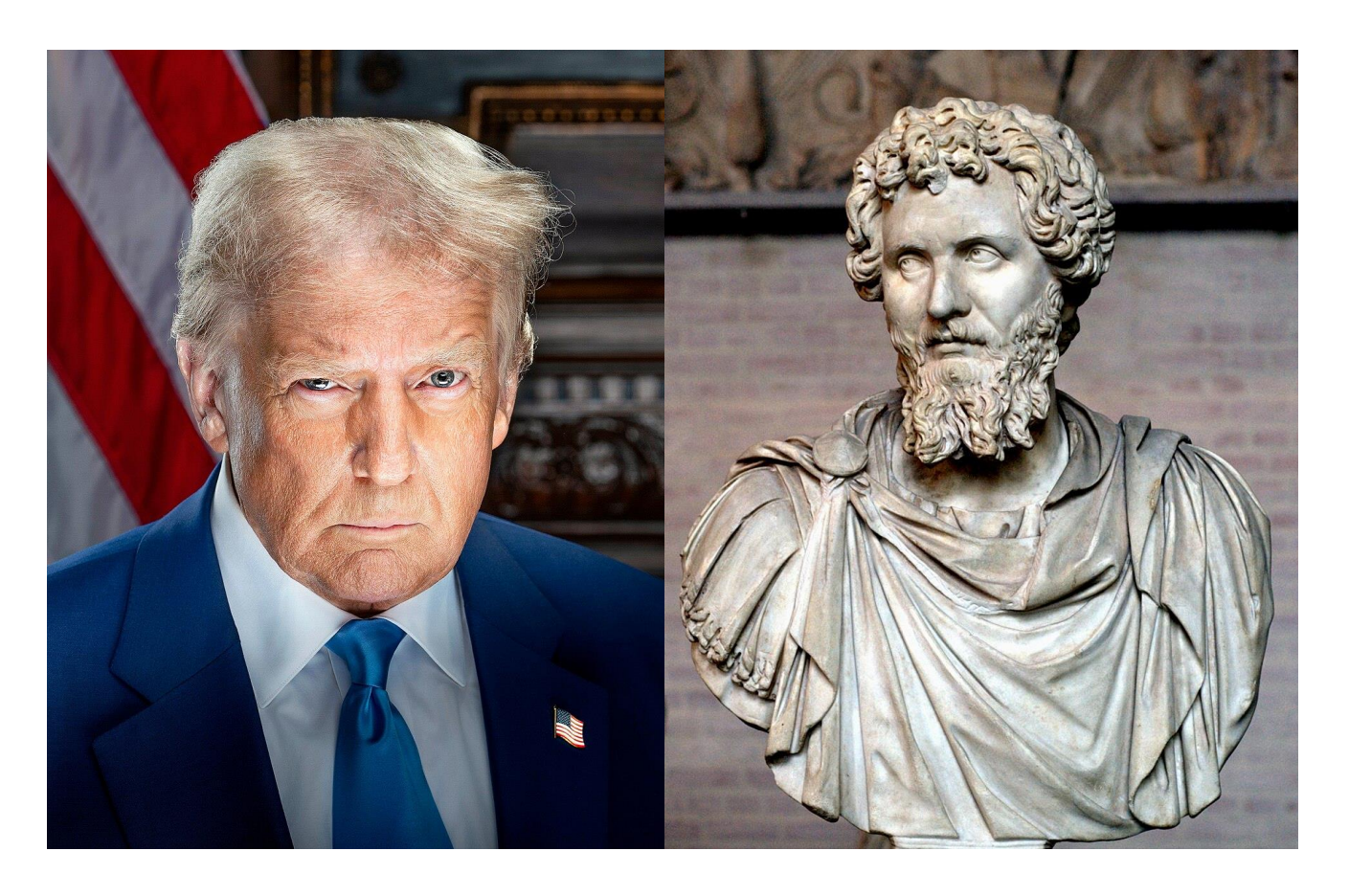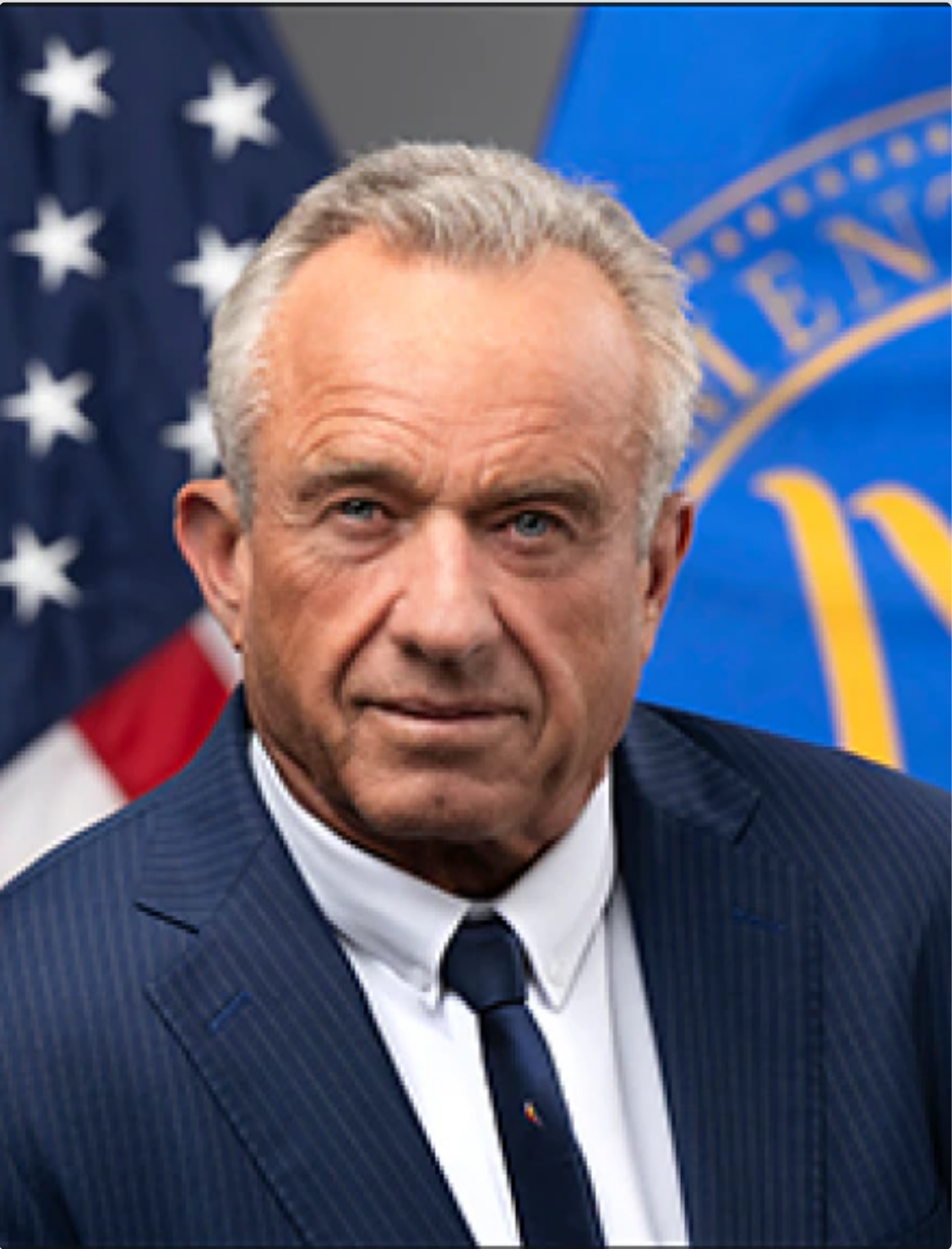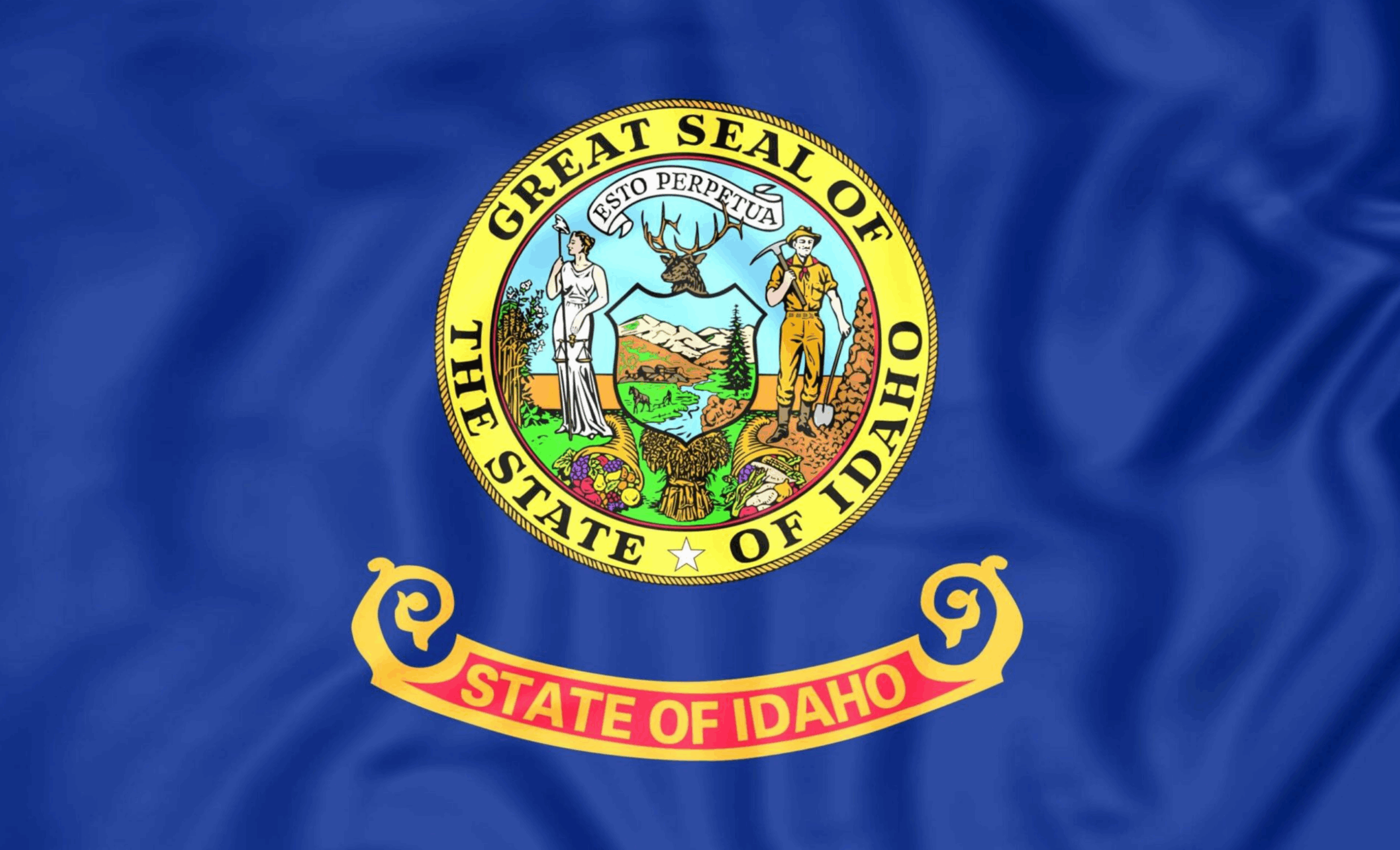“Common sense, competency, and tariffs,” President Donald Trump summed up his economic policy stance when answering questions from the press in North Carolina before conducting a site visit in Ashville which was catastrophically damaged by Hurricane Helene last September.
“I have never seen such water damage,” the president stated. “It is worse than Hurricane Katrina.”
On October 15, 2024, Greensville News reported that Helene is the deadliest hurricane to ever hit the state. “Statewide as of Wednesday, 49 people have died, making Helene the deadliest in the Palmetto state since Hurricane Hugo in 1989, when 35 were killed, according to the National Hurricane Center.”
There are still residents without power and water.
Trump expressed displeasure with the poor response by the Federal Emergency Management Agency (FEMA) to the impacted areas throughout North Carolina and Tennessee. “I don’t know what took so long with the other administration,” he stated. “We are going to get the resources you need…We are going to take care of the people.”
“FEMA has been a very big disappointment,” he said. “It’s very bureaucratic. And it’s very slow.”
Trump said he would sign an executive order to “fundamentally reforming and overhauling FEMA,” and even proposed “getting rid of” the agency altogether. “We are not happy with FEMA,” Trump stated while standing in front of a storm damaged home. He said he would sign an executive order to slash all red tape. “No permitting. Get it done.”
Trump brought North Carolina residents up to the podium to share their experiences. He listened intently and asked them questions to better understand how the storm effected them.
The president and first lady will continue the first official trip of his second administration by travelling to Los Angeles, California to survey the devastation from the fires that have raged since January 7. When the press asked if conditions would be attached to aid to California, Trump said he wants California to have voter identification and a change in water policies.







